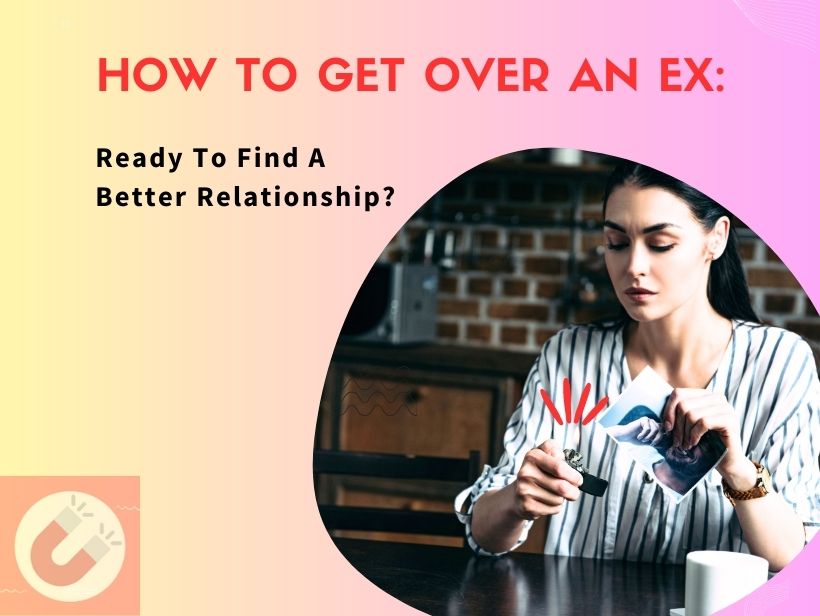What happens when someone challenges your beliefs?
Our tribal instincts kick in, and our emotional brains light up on fire when someone else refutes our core beliefs and preconceived ideas.
Here’s what happens:
- Our chest tightens and our breathing gets shallower.
- We think, “What an idiot! How can they believe that?”
- It’s time to prove them wrong.
We either:
- 1. Bring out the fact bombs and bust their kneecaps with statistics. Bam bam!
Or, if that’s too aggressive, we:
- 2. Try and educate them. We break out the facts, stats, and case studies. The evidence is so obvious, so clearly if we just tell them how it really is they’ll get with the program.
But wait. When was the last time you actually changed anyone’s mind about a political issue?
Or for that matter, can you remember a time that someone talked with you about a core belief and was able to flip your point-of-view on it?
Yeah, probably not because it’s pretty rare.
Don’t talk politics unless you’re running for office or can create policy change. There’s way more to lose than gain, every time. Best-case scenario you agree with each other, and nothing really changes in your relationship. Worst case, well, we all know worst case – anger, resentment, alienation, or even violence.
So if arguing with someone whose views are too conservative or liberal doesn’t actually get them to see the light, what does it do?
In my experience it just leaves a bad taste in everyone’s mouth.
Politics are personal.
In this political season especially, I’ve been noticing how political debates can get heated fast and can have much longer lasting negative feelings than other topics.
Kinda funny, right? If someone told you your favorite food was lame, you’d probably just shrug it off.
“You think falafels are gross? Whatever, man, more for me.”
But if someone is on the other side of a social issue you’re passionate about…
Things can get tense.
Okay, so here’s what you can do instead. Take a deep breath. This will help you put an emotional wedge in the situation and calm down.
If you really want to educate and start the process of having them look at the situation from a different angle, try seeing things from a different point of view yourself.
This shows you’re open minded and could get their guard down. They might actually end up supporting point of your view. For example, if someone doesn’t believe in climate change, don’t yell at them or spew out long scientific article-like stuff. Instead ask questions with curiosity. Like, why have temperatures gone up faster recently, and what does all of this trapped Co2 really mean?
Also it really helps if you make it personal. Like let’s say this person also has always wanted to see Alaska, you could ask how long will the glaciers and polar bears be able to survive the erosion happening there.
You can also simply shift the conversation. If you’ve come to one of Jaunty’s free social intelligence workshops, you already have some idea of how to move the conversation in a different direction.
If you’ve taken our social skills classes, you have the people skills and conversational agility to move the conversation wherever you want.
You can use humor to defuse tension. Or you can even tell the other person how tribal we get about politics. The more you work on your social skills, the more you realize you always have options for where you take an interaction.



